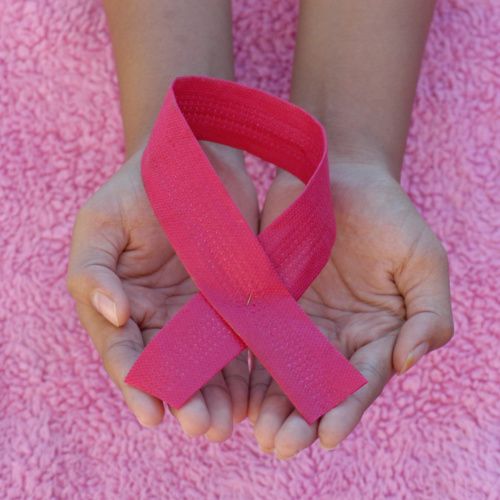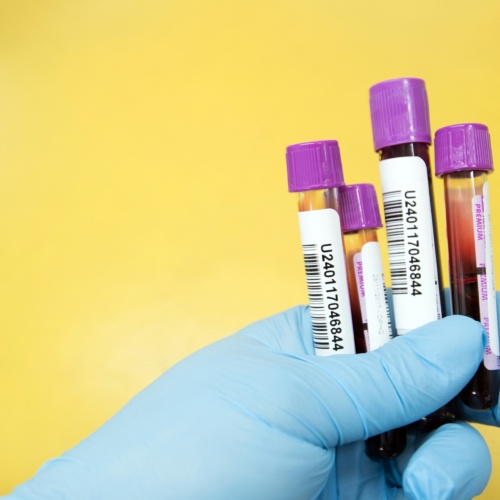October is National Cholesterol Month, run by charity Heart UK to raise awareness of cholesterol imbalance. This blog post will explain exactly what cholesterol is, why an imbalance is bad, and what you can do about it.
What is cholesterol?
Cholesterol is waxy organic substance found in the blood, which the body requires to build healthy cells, produce hormones and Vitamin D. Cholesterol is used to build and maintain cell membranes, ensuring they are durable and flexible, allowing the cells to change shape and move.
Cholesterol is essential for maintaining healthy bodily functions.
What is ‘Good’ cholesterol and ‘Bad’ cholesterol?
Cholesterol is mostly categorised into two categories: HDL and LDL. These stand for High-Density Lipoprotein and Low-Density Lipoprotein respectively. Certain amounts of LDL are subcategorised into VLDL which stands for Very Low-Density Lipoproteins, which constitute around 1/5th of LDL amount.
HDL = Good – HDL is good, as it helps remove cholesterol from the arteries.
LDL = Bad – LDL is bad as it builds up in the arteries and can block them.
What are the dangers of high cholesterol levels?
High levels of cholesterol, especially LDL, can build up and clog the arteries. This affects blood flow and can cause heart attacks, strokes, blood clots and peripheral arterial diseases. The risk of developing coronary heart disease also increase as your blood cholesterol levels increase.
What affects my cholesterol levels?
- Age – General cholesterol levels rise with age.
- Weight – Being overweight tends to increase your levels.
- Diet – A diet high in saturated fat and processed foods will increase your levels.
- Physical Activity – Regular physical activity can help lower LDL levels and raise HDL levels.
- Smoking – Smoking lowers HDL levels, meaning LDL can build up and clog the arteries.
- Genetics – Certain genetic factors can affect your natural cholesterol levels such as gender, race and heredity.
How can I lower my cholesterol levels?
A healthy, balanced diet that is low in processed and fatty food is the first step to reducing your cholesterol levels. Reducing consumption of foods high in saturated fat will lower LDL levels.
Regular exercise and stopping smoking will also help improve your levels and overall health. Lowering your risk of heart attack, stroke and arterial issues.
How can I check my cholesterol levels?
Only a blood test will show your blood cholesterol levels. It is recommended to get tests done every few years, no matter what your shape or age. It is difficult to know without a test, so you may not know that you have high cholesterol levels.
How can TenClinical help?
If you are worried about your cholesterol levels we recommend having a test straight away.
Once you have had your test, if you have been diagnosed with high cholesterol levels then we can help you lower them quickly and effectively. Our trainers are clinical specialists who can take blood pressure and blood glucose readings each sessions to ensure you’re training in the optimal zone.
Our trainers will work with you and your doctors to develop a personalised plan to maximise your health and wellbeing, ensuring safe reduction in cholesterol levels and optimising heart health.





